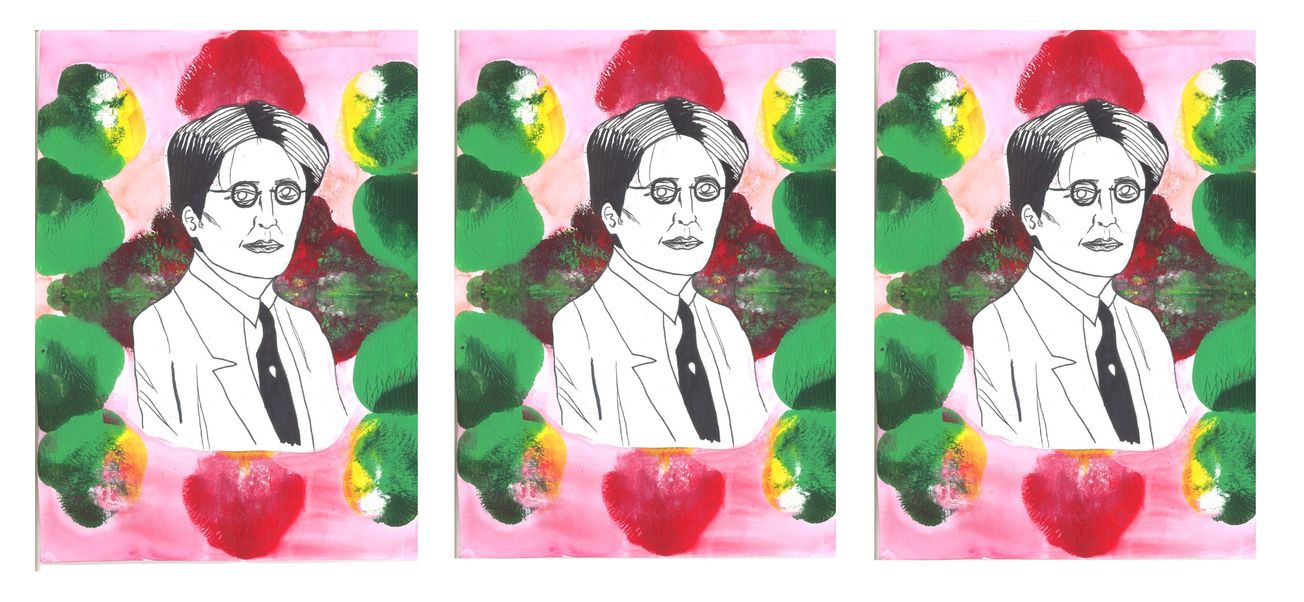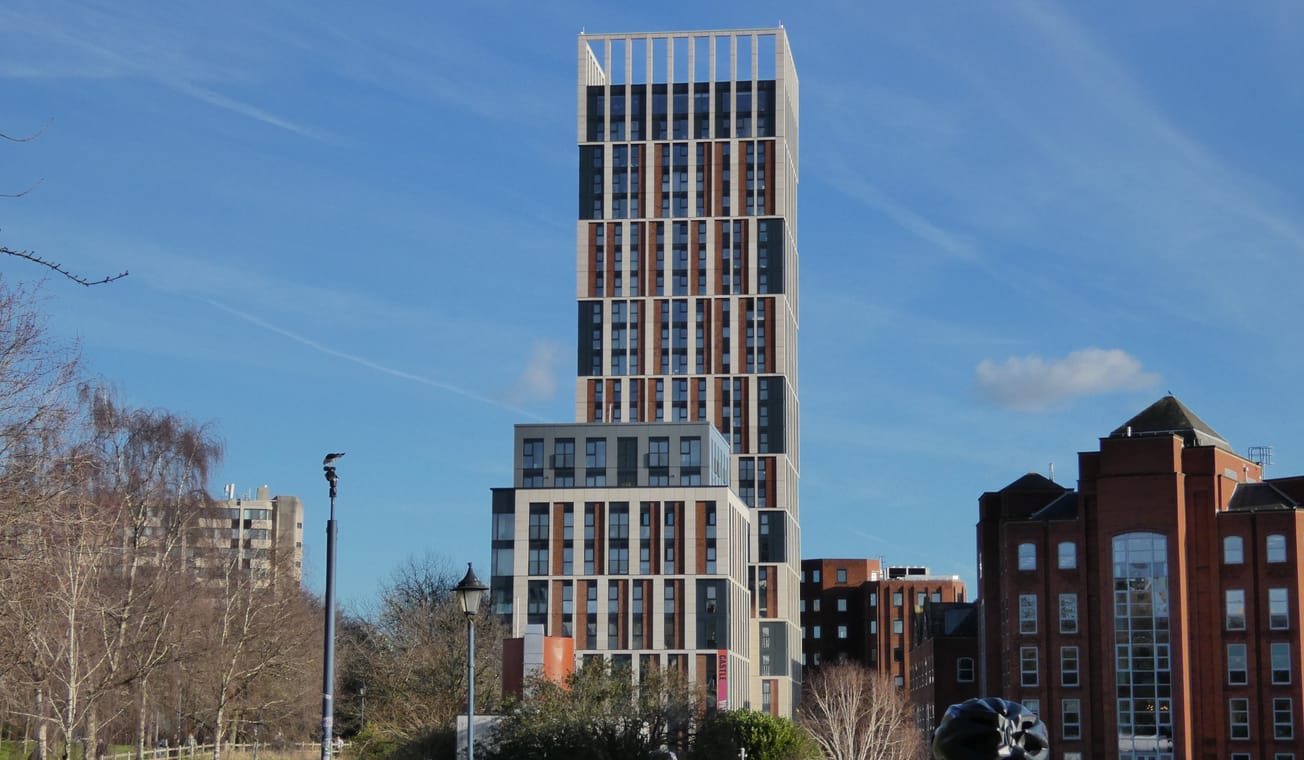By Katherine Griffiths, first year, Neuroscience
Meet Dr Sara Josephine Baker, a 19th century public health pioneer.
Dr Sara Josephine Baker (1873-1945) was the first woman to earn a doctorate in public health from New York University, paving the way for the progression of women in medicine. She pioneered preventative health care for children and focused on the social context of disease, especially the impact of poverty in the slums. Her ground-breaking outlook that the best way to treat people was to prevent them getting ill in the first place caused controversy and upset with her peers.
However, Dr Baker didn’t let this get in her way. She travelled through New York’s slums teaching the importance of ventilation, bathing, simple hygiene and breastfeeding to inhabitants. In one year, Baker had single-handedly reduced the infant mortality rate by 39% in New York City.
Dr Baker never publicly came out, due to the stigmatisation and persecution of lesbians; in the 19th century, lesbianism was largely considered a sexual perversion. Although there were no laws directly criminalising female homosexuality in America, there was still risk of persecution, with lesbians being charged with disorderly conduct.
| We must celebrate LGBTQ+ history month and the sheer tenacity of the human spirit
However, this did not stop Dr Baker from living with her partner, the Australian novelist and screenwriter Ida Wylie. The two women can be said to have been in a 'Boston marriage', a term describing the cohabitation of two women who were completely independent of any support of men. In the public eye, these relationships were presumed to be nonsexual and non-romantic. Unsurprisingly, this was not true for many women including Baker and Wylie.
She minimised her femininity by wearing masculine tailored suits, arguably to fit in to the male dominated profession – although this was perhaps an element of her queer identity and disregard for gender norms. Her peers nicknamed her Dr Joe, often admitting that they forgot she was a woman. Her work was so successful that 35 states implemented a version of her school health programme.
Dr Baker was also involved in the infamous case of Typhoid Mary, also known as Mary Mallon, who is thought to have caused widespread fear and infection. She was the first asymptomatic carrier of typhoid, infectious disease that caused high fatalities in the early 1900s, to be discovered. Mary Mallon worked as a cook whilst knowingly being infectious.
In 1907, over 3,000 people in New York were infected and it is widely believed that Mary Mallon was the cause of the outbreak. Dr Baker tracked Mary down, apprehended her and even held her down in an ambulance to ensure her safe arrival to the hospital. Mallon was placed in quarantine and tested for typhoid, ultimately confirming she was a carrier.
| Colette is a feminist and queer icon, but the film could have been more exciting
In 1908, Dr Josephine Baker established the Division of Child Hygiene, which set up state control of child healthcare. Notable policies included licensing of midwives, the introduction of school nurses and the inspection of schoolchildren for infectious diseases. She also created the Little Mother’s Leagues in 1910, which was an educational club for girls aged 12 to 16 years old. This taught young girls how to care for their siblings whilst their parents were working, as well as providing a safe space for girls to socialise. By the time of her retirement in 1923, New York City had the lowest infant mortality rate of any major American city.
Sara Josephine Baker faced discrimination throughout her career, however, this only made her more determined to revolutionise the health care system of America. The impact of her work can be seen in the shift to preventative methods, such as vaccines, which are now an integral part of modern medicine. Despite being unable to come out during her lifetime, it’s still important to recognise her sexuality and the inspiration she provides to queer people who want to pursue a career in STEM subjects.
Featured image: Epigram / Maegan Farrow
Who is your favourite LGBTQ+ figure in science and tech? Let us know!









